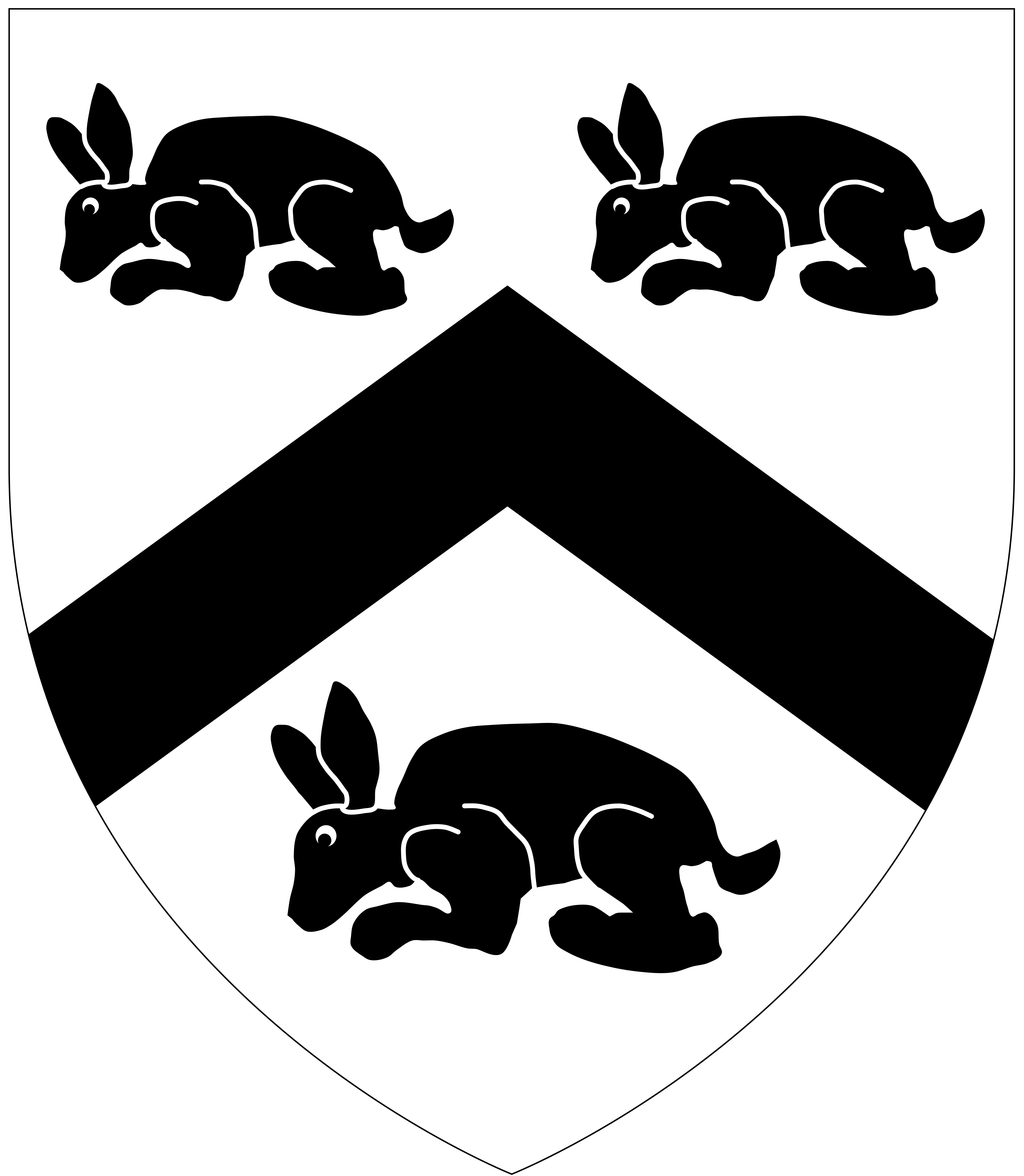Richard Strode (c. 1480–1522) on:
[Wikipedia]
[Google]
[Amazon]
 Richard Strode ('' floruit'' 1512) was in 1512 a Member of Parliament for Plympton Erle, Devon and was also involved in the tin mining industry. He is best known for having instigated
Richard Strode ('' floruit'' 1512) was in 1512 a Member of Parliament for Plympton Erle, Devon and was also involved in the tin mining industry. He is best known for having instigated
Hawkyard, A.D.K., biography of Richard Strode published in History of Parliament: House of Commons 1509-1558, ed. S.T. Bindoff, 1982
Strode's case
Strode's Case 3 ''Howell's State Trials'' 294 is one of the earliest and most important English cases dealing with parliamentary privilege.
Facts
Richard Strode was a Member of Parliament from Devon, England. In 1512, he introduced a bill to a ...
, one of the earliest and most important English legal cases dealing with parliamentary privilege
Parliamentary privilege is a legal immunity enjoyed by members of certain legislatures, in which legislators are granted protection against civil or criminal liability for actions done or statements made in the course of their legislative duties. ...
.
Origins
Although it is almost certain he belonged to the ancient Strode family seated at Newnham in the parish ofPlympton St Mary
Plympton is a suburb of the city of Plymouth in Devon, England. It is in origin an ancient stannary town. It was an important trading centre for locally mined tin, and a seaport before the River Plym silted up and trade moved down river to ...
in Devon, of which many subsequently were MP for Plympton Erle, his identity is not certain. He was possibly the Richard Strode who is known to have married Joan Pennalls, the younger son of Richard Strode (d.1464) of Newnham whose effigy fully dressed in armour survives in St Mary's Church, Plympton. He would thus have been the heir of his elder brother William Strode (d. 1518) of Newnham. However such an identification cannot be made with certainty.
Strode's case
With the aid of some fellow MPs, Strode attempted to introduce legislation restricting the rights of tin miners on Dartmoor. However, Strode was himself a tinner, and an influential competitor brought charges against Strode in astannary court
Stannary law (derived from the la, stannum for tin) is the body of English law that governs tin mining in Devon and Cornwall; although no longer of much practical relevance, the stannary law remains part of the law of the United Kingdom and is ...
, a regional tribunal empowered to judge mining disputes. Strode was fined £160, but refused to pay the fine, whereupon he was imprisoned at Lydford Castle. He was released three weeks later by a letter from the Exchequer; at Strode's request, Parliament had passed a law (Strode's Act
The Privilege of Parliament Act 1512 or the Parliamentary Privilege Act 1512The citation of this Act by this short title is authorised for the Republic of Ireland bsection 4(a)of, anof Schedule 1 to, the Statute Law Revision Act 2007. ( 4 Hen. 8. ...
) reversing the local court decision and granting him immunity from further prosecution related to his parliamentary activities.
Sources
*Zechariah Chafee, Jr. ''Three Human Rights in the Constitution of 1787''. University of Kansas Press, Lawrence, 1956, pp. 27–28.Hawkyard, A.D.K., biography of Richard Strode published in History of Parliament: House of Commons 1509-1558, ed. S.T. Bindoff, 1982
References